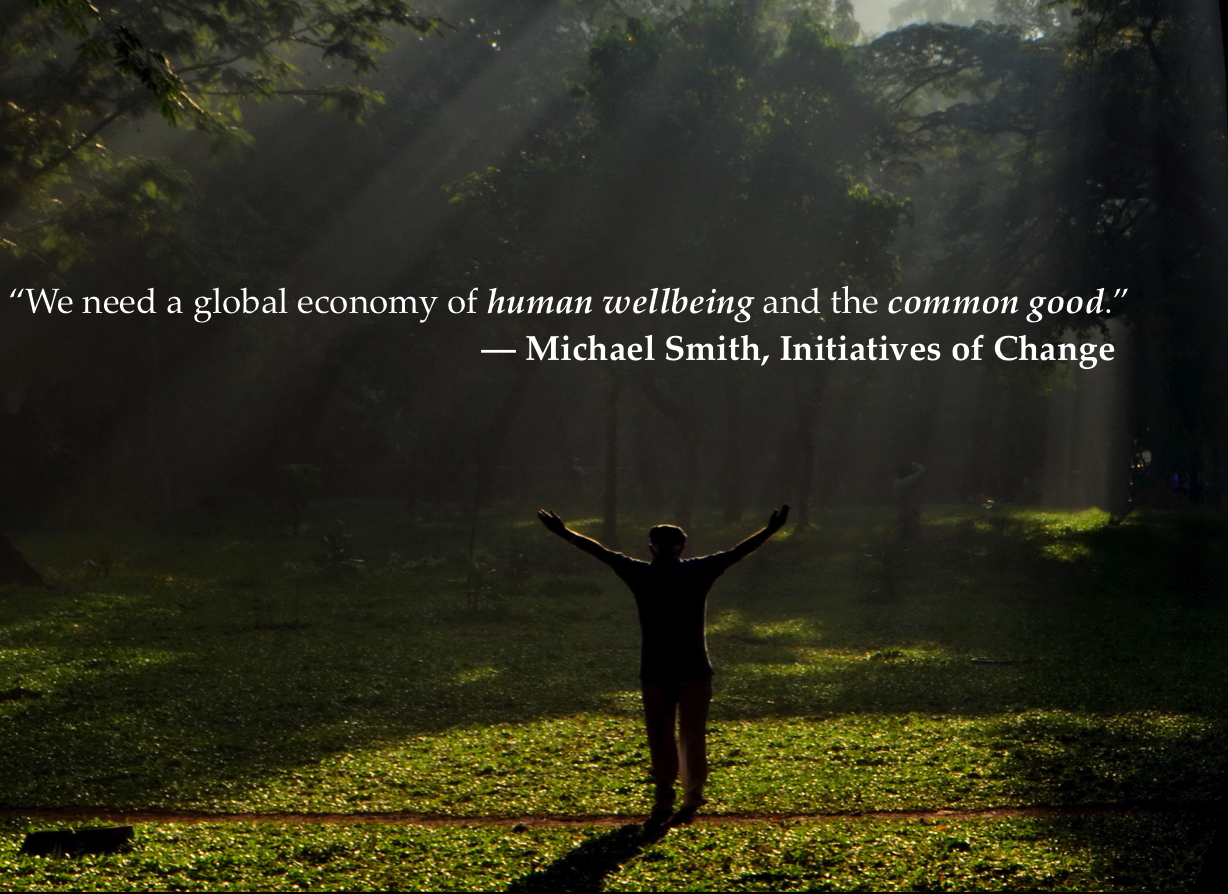Daniel Christian Wahl, Glocal educator, activist and consultant, is a leading proponent of Peace with the Earth and Designing systems to foster Peace. In Daniel’s latest book, Designing Regenerative Cultures, he outlines the need for a new Earth laws, the kind of laws and policies that would facilitate the transition to regenerative cultures.
Below is an excerpt from a subchapter from Designing Regenerative Cultures published by Triarchy Press, 2016.
In Making Peace with the Earth,Vandana Shivaexplores how the narrative of separation is a kind of “eco-apartheid” that causes human beings to be at war with the Earth and each other. She reviews the root causes of this war against nature and shows that a “destructive Anthropocene” is not the only possible future ahead, if we address the structural systemic conditions that are driving water wars, climate wars forest wars, and other resource wars.
Exploring the situation in India and globally, Dr. Shiva argues that we have designed hunger into the system via international trade agreements formulated under the control of multinational corporations. Shiva warns of the many pitfalls associated with the use of GMOs and certain types of synthetic biology.
We have to ask important questions to ensure that our approaches to creating a ‘bio-economy’ are not simply an “industrialization of life” but maintain and create real “biodiversity economies” (Shiva, 2012: 143). The proliferation of industrial, petrochemical agriculture and GMO monocultures is a “biodiversity war” and the suppression of small farmers and eradication of local variety is a “seed war” (p.148).
To create regenerative ‘living cultures’, lasting peace within the human family and peace with the Earth, we need laws and policies based on careful deliberation of the following questions (based on Shiva, 2012):
- How will we move from a system based on privatizing the Earth to respecting the integrity of the Earth’s ecosystems and ecological processes?
- How will we discourage and reverse the ‘enclosure of the commons’ and support the recovery of the commons?
- How can we ensure that ecological costs are internalized and prohibit the externalization of environmental destruction?
- How can we dismantle ‘corporate economies of death and destruction’ and create ‘living economies’?
- How can we reverse the erosion of democracy and create ‘living democracies’?
- How can we halt the destruction of cultural diversity and create ‘living cultures’?
Earth Law, well formulated and locally and globally enforced, will be part of living into the answers on these questions, giving communities the legal means to defend the healthy functioning of the ecosystems that their wellbeing depends upon.

